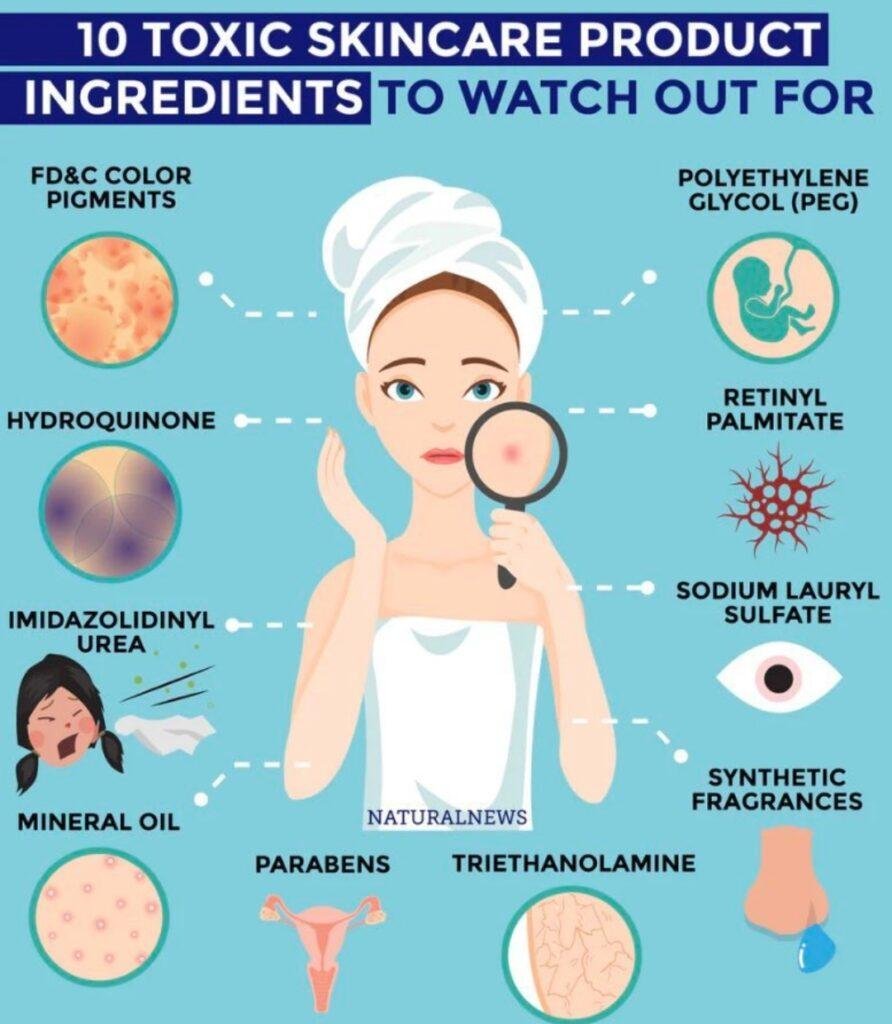Who doesn’t want radiant, glowing skin? We all strive for that fresh, healthy complexion, but let’s be real—life gets in the way. Between stress, pollution, diet mishaps, and the occasional all-nighter, our skin can sometimes feel more “blah” than “brilliant.”
But don’t worry—I’ve got your back! Over the years, I’ve picked up some tried-and-true tips that can help you achieve that healthy glow. These aren’t complicated, expensive, or time-consuming. In fact, they’re simple, effective, and suitable for anyone—regardless of skin type or lifestyle.
Let’s get started!
1. Eat Plenty of Skin-Loving Fruits 🍓🍉🥝
What you eat has a direct impact on your skin, and certain fruits can work wonders! Here are some of the best:

- Strawberries: Packed with vitamin C, essential for collagen production. They also help protect against sun damage.
- Watermelon: Hydrates your skin from within and is loaded with antioxidants to fight environmental stressors.
- Kiwi: Another vitamin C powerhouse that boosts collagen and keeps your skin firm.
- Papaya: Contains enzymes (papain & chymopapain) that naturally exfoliate, leaving your skin soft and smooth.
- Apples: Rich in antioxidants and polyphenols, which fight free radical damage and inflammation.
- Blueberries: Contain anthocyanins that shield your skin from UV damage and premature ageing.
- Pineapple: Has bromelain, a natural enzyme that promotes skin renewal and collagen production.
- Cherries: Loaded with vitamin C and anti-inflammatory properties that help prevent breakouts.
- Pomegranate: Contains ellagic acid and punicalagin, which protect against sun damage and inflammation.
- Bananas: Rich in potassium for hydration and vitamin C for collagen synthesis.
Incorporate these fruits into your diet daily, and you’ll notice a real difference in your skin’s health and glow! 🍎🍌
2. Maintain Good Hygiene 🛁✨
Your skin comes into contact with dirt, oil, and bacteria daily. If not properly cleansed, these can clog pores and lead to breakouts. A few key hygiene habits:
- Wash your face twice daily with a gentle cleanser suited to your skin type.
- Change your pillowcase at least once a week—it collects sweat, oils, and bacteria that can cause acne.
- Clean your phone screen regularly (trust me, it’s dirtier than you think!).
- Never touch your face with dirty hands to avoid transferring bacteria.
A clean environment equals clearer skin. Small changes make a big difference!

3. Sweat It Out in a Sauna 🔥
A good sauna session can do wonders for your skin:
- Opens up pores and flushes out toxins, giving you that post-sauna glow.
- Boosts circulation, bringing oxygen and nutrients to your skin.
- Reduces stress, which directly impacts skin health.
If a sauna isn’t available, a steam facial at home works too! Just lean over a bowl of hot water, cover your head with a towel, and let the steam cleanse your skin.
4. Eat Fermented Foods for Gut Health 🥒🍶
Fermented foods are good for your skin because they contain probiotics, which are healthy bacteria that live in your gut and can help support a strong immune system. This can have a positive effect on your skin in several ways:
- Better digestion: Eating fermented foods like yoghurt, kimchi, sauerkraut, and kefir can help promote healthy digestion, which can improve your overall health, including your skin.
- Reduced inflammation: Probiotics in fermented foods can reduce inflammation in the body, which is a common cause of skin problems like acne, eczema, and psoriasis.
- Improved hydration: Some fermented foods like miso and tempeh can help produce hyaluronic acid, a natural moisturizer that helps keep your skin hydrated and looking healthy.

While fermented foods can have positive effects on the skin, they should not be relied upon as the sole solution for skin problems. It’s important to maintain a balanced and varied diet, as well as follow other healthy skin habits to achieve optimal skin health.
5. Avoid Toxic Skincare Products 🚫
Many skincare products contain harmful ingredients that do more harm than good. Avoid:
- Sulfates: Strip your skin of natural oils, leading to dryness.
- Paraben: Linked to hormonal disruptions.
- Phthalates & Oxybenzone: Potentially harmful chemicals absorbed into the bloodstream.
Your skin absorbs a large percentage of what you apply to it, which means that these chemicals can enter your bloodstream and potentially cause harm to your health. By avoiding these toxic ingredients, you can help to protect your skin and overall well-being.

6. Shower After a Workout 🚿
Showering after a workout is important for your skin because sweat can accumulate on your skin and mix with bacteria, dirt, and oils, leading to clogged pores, skin irritation, and breakouts. By showering after your workout, you can rinse away the sweat and dirt, preventing these problems and keeping your skin clean and healthy.
If you can’t shower immediately, use facial wipes to cleanse your skin.
7. Cut Back on Greasy & Sugary Foods 🍔🍩
Too much oily or sugary food can:
- Increase oil production, leading to breakouts.
- Cause inflammation, accelerating ageing.
- Spike blood sugar, which can lead to acne.
Balance your diet with whole foods, lean proteins, and plenty of veggies.
8. Stay Hydrated 💦
Water is essential for plump, glowing skin. Aim for 2-4 litres per day, depending on your activity level. Other hydrating drinks:
- Green Tea: Packed with antioxidants that fight free radicals.
- Coconut water: Rich in electrolytes for hydration.
- Pomegranate juice: Reduces sun damage and brightens skin.

9. Try Intermittent Fasting ⏳
Fasting gives your digestive system a break and allows your body to focus on cell repair. Benefits:
- Reduces inflammation – A key factor in acne and skin ageing.
- Promotes collagen production – Keeping skin firm and youthful.
- Detoxifies your system, resulting in clearer skin.
If fasting, be sure to replenish electrolytes with Himalayan salt, coconut water, and vitamins.
Fasting may not be suitable for everyone, especially those with certain health conditions or who are pregnant or breastfeeding. It’s always best to consult a healthcare professional before starting any fasting regimen.
10. Take Care of Your Mental Health 🧘♀️
Taking care of your mental health is important for many reasons, including your skin health. Here’s why:
- Stress can cause skin issues. Stress can cause hormonal changes in the body, leading to skin issues like acne, eczema, and psoriasis.
- Sleep is important for skin health. Getting enough sleep is crucial for maintaining healthy skin. Sleep helps your body repair and regenerate skin cells, and lack of sleep can lead to dark circles, puffiness, and other skin problems.
Prioritize self-care: meditate, exercise, and get quality sleep. When your mind is at peace, your skin glows naturally.
X, Hani. ❤
Discover more from Wanderhoney
Subscribe to get the latest posts sent to your email.





